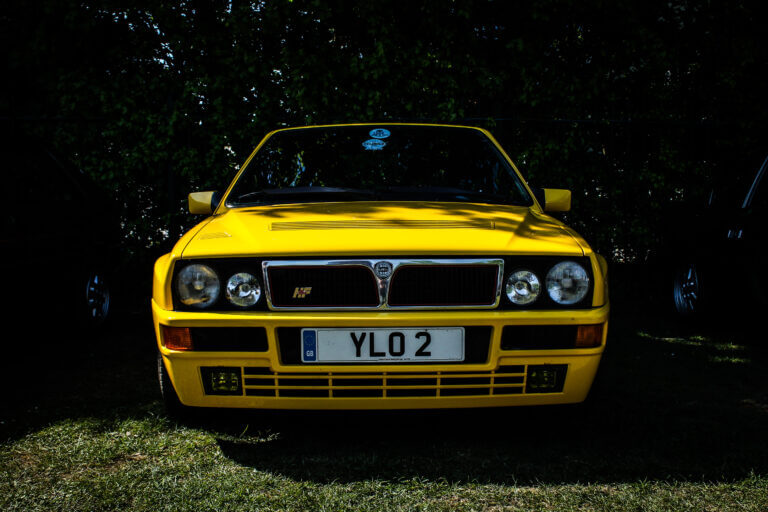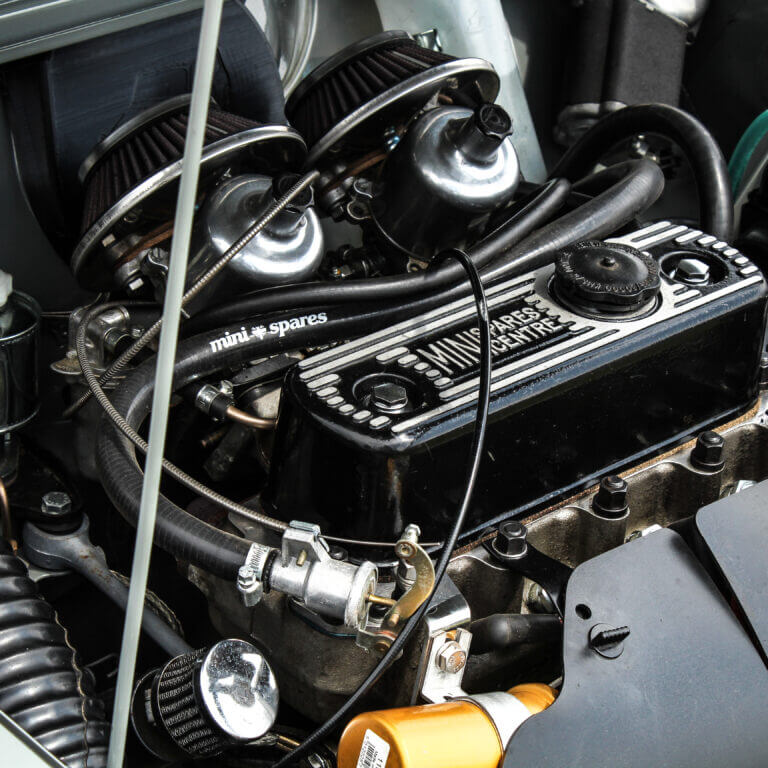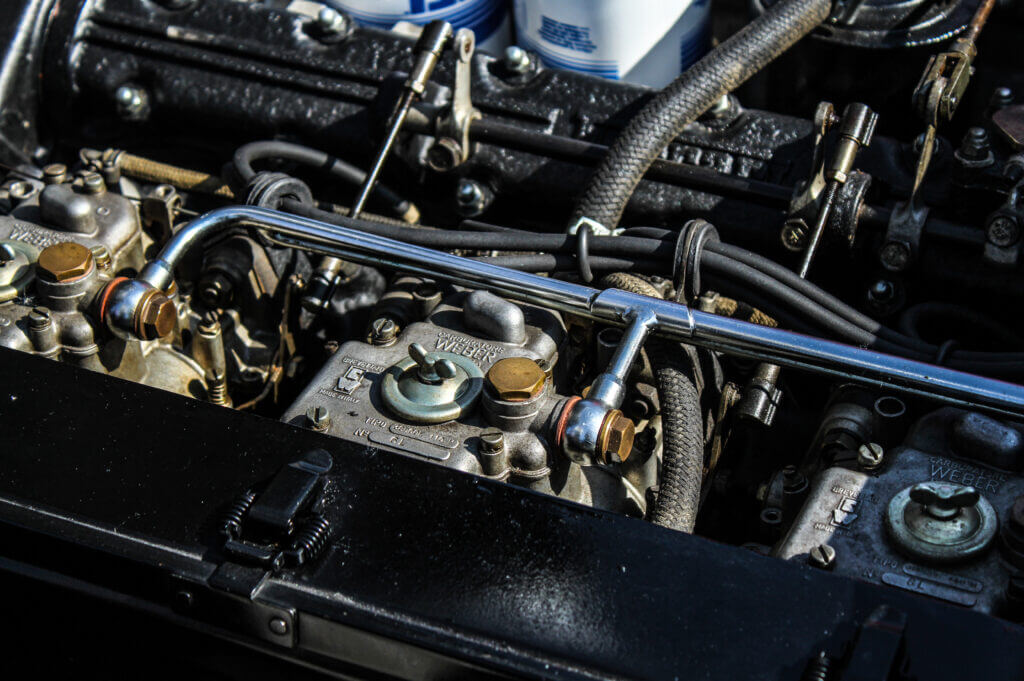E10 fuel in older cars, and can you use it?

Available in forecourts from the 1st of September 2021, this new eco friendly E10 Fuel change has become the new default form of petrol in forecourts across the UK.
Find classic car restoration near me
Post a job for free
What's E10 petrol?
This is a biofuel, made up from ethanol and petrol, where the ratio between the two has changed. When it is refined at a different ratio they give it a new name. This is now called E10.
Ultimately the 10 in E10 represents 10% ethanol and 90% unleaded, as opposed to the previous grading of E95 representing only 5% ethanol and 95% unleaded. The
Why has it been introduced, and what are the benefits in E10 fuel
The ethanol ratio has been increased to assist in the battle to tackle climate change. The theory is that Ethanol is an alcohol based fuel, which is created from the fermentation of a range of plants such as grains and sugarcane.
The growth from the crops naturally draws in more carbon to grow, so we use fewer fossil fuels and therefore create a better offset to reduce greenhouse gas emissions. There is no evidence to suggest it makes your exhaust gases cleaner though.
It also classifies as renewable, because we can grow it, and we can store the CO2 but that gets a little controversial as we start putting more demand on our fields, which some would argue that space should be taken up by trees instead…. Anyway moving swiftly on.
What effects can these changes have
More importantly then, what does this mean for your car and wallet? Let’s face it, that is why you’re reading this article right?
Fuel economy is expected to reduce by a negligible 1%, is this worth worrying about? probably not otherwise you would be driving a diesel.
It has been noted that cars from 2011 are all compatible with E10 fuel but estimated there are still around 700k vehicles in the UK which are not compatible.
These generally accept E10, but for older models, considering E10 fuel additives for classic cars might be necessary to prevent the E10 fuel starting problems caused by ethanol’s solvent properties.
If you’re wondering can classic cars run on E10, more attention is indeed required when filling up at the pump. Here are a few things to consider when using E10 fuels for classic cars:
The increased ethanol ratio means there is a higher concentration of solvents. It makes a really good cleaner, but that creates its own set of problems as it starts cleaning out all the old gunk and sludge deposits it has built up over the years. Blocking carb jets and filters.
These solvents also can dissolve other substances such as rubber fuel lines and seals. This matters because older cars have been made with different quality materials and are not resistant to ethanol (even those that are particularly well looked after) you will find their rubber fuel lines start dissolving over time due to this increased ethanol content. Not a problem you suddenly want to experience during a long hot drive.
Ethanol is corrosive to ferrous metals, those which contain iron such as steel. Fuel pumps, Carburettors and filters can all corrode faster than previously.
Ethanol also burns at a higher temperature compared to petrol, making the engine run leaner which in extreme cases can cause damage to pistons. This requires attention to adjust the carbs accordingly. Whereas modern vehicles fitted with an ECU will adjust the mixture automatically.
There is a very simple solution to all of this though, one which will cost you more. It means you have to buy the forecourts premium fuel which will still be available, in most cases it’s the 97+ octane, also known as their ‘super’ grade.
Yes, it’s more expensive but it’s a cleaner fuel and it gives you more poke. It’s certainly a better price to pay than experience your carburettors becoming clogged, fuel lines perishing and potentially landing with a bill to repair fire damage.
Yes, that’s right, so if you are wondering if E10 fuel is bad for your car, in extreme circumstances and if you have been using E10 fuel in your classic car for a while, it could potentially completely erode your fuel lines and create a serious fuel leak.
Most of these issues will not be caused by one tank of fuel, but continued usage probably will, if you are in doubt because you have used the wrong fuel, you can always top it back up and dilute it with the 97+ octane.
Will E10 affect performance?
If the vehicle is incompatible then it can depend on how much fuel has been put in, as well as the type of vehicle.
Whilst there is no evidence E10 will affect the combustion directly, the added ethanol will lean out the fuel mixture, therefore the strength of the octane can become slightly weaker.
Petrol standard requirements state this volatility in the fuel needs to remain the same, despite what the mixture is.
It can cause pre detonation, If that is the case then you should speak to your local classic car specialist.

Is E10 less effcient
There are various reports from drivers that their fuel consumption is less efficient, this is particularly evident in smaller engine cars.
Fuel performance figure range from about 1-3% reduction in fuel consumption.
Though some drivers report E10 fuel economy issues, the main concern is whether E10 fuel affects performance. The consensus suggests a negligible difference, but individual experiences may vary, especially in older vehicles.
Car storage
Including the effects laid out above, precautions should be taken when you consider preparing your vehicle for storage.
We are aware that E10 can corrode various materials around your vehicle, but a lesser known fact is that it is hygroscopic.
This means it can absorb water and water vapour, which can start to erode the fuel tanks which are non-stainless.
Not ideal when you want to tuck your car away for 4 months over the winter period.
What else could be done?
Alternatively, you could take your classic car to a respectable garage that would happily upgrade some of the parts with E10 rated components.
Some of the Items that should be considered:
Fuel Lines
Carburettors, cleaning and setting up accordingly.
Fuel Tanks
Fuel Pump
Fuel Filters
Air filters, only if the car has been sat for a while, as paper elements can be eroded from the ethanol vapour.
For those looking into further protecting their classic cars from E10 fuel’s effects, exploring the use of specific additives could provide an additional layer of security.
Classic Oils offers a range of additives designed for this purpose, ensuring your classic car remains protected against the potential adverse effects of ethanol.

Conclusion
If you’re uncertain about using E10 in your vintage vehicle, using a classic car fuel tank restoration service can ensure your car is equipped to handle the new fuel without risking problems with e10 fuel.
It is worth paying attention to this topic. If you are a classic car owner, this will affect you in some way, and in the worst case scenarios can cause significant damage.
Don’t hesitate to use higher-octane fuels if in doubt, and always consider the benefits of E10 fuel against its potential risks.
Use this handy Gov website to find out if your car is compatible, giving you a little reassurance about your classic car in the future.
For more information on how this affects older vehicles, the Royal Automobile Club (RAC) provides a comprehensive guide.
Need help with your engine?
Post a job for free
Automotive Wheel Refurbishment
Automotive Upholstery and trimming
Automotive Fabricator
Automotive Suspension Alignment
Automotive Carbon Composite
Automotive Coach Builder
Race car Data Engineer
Engine Builder
Automotive Fibreglass Composite
Automotive Dyno Technician
Automotive Gearbox Specialist
Automotive Transportation
Automotive Electrician
Automotive Turbo Specialist